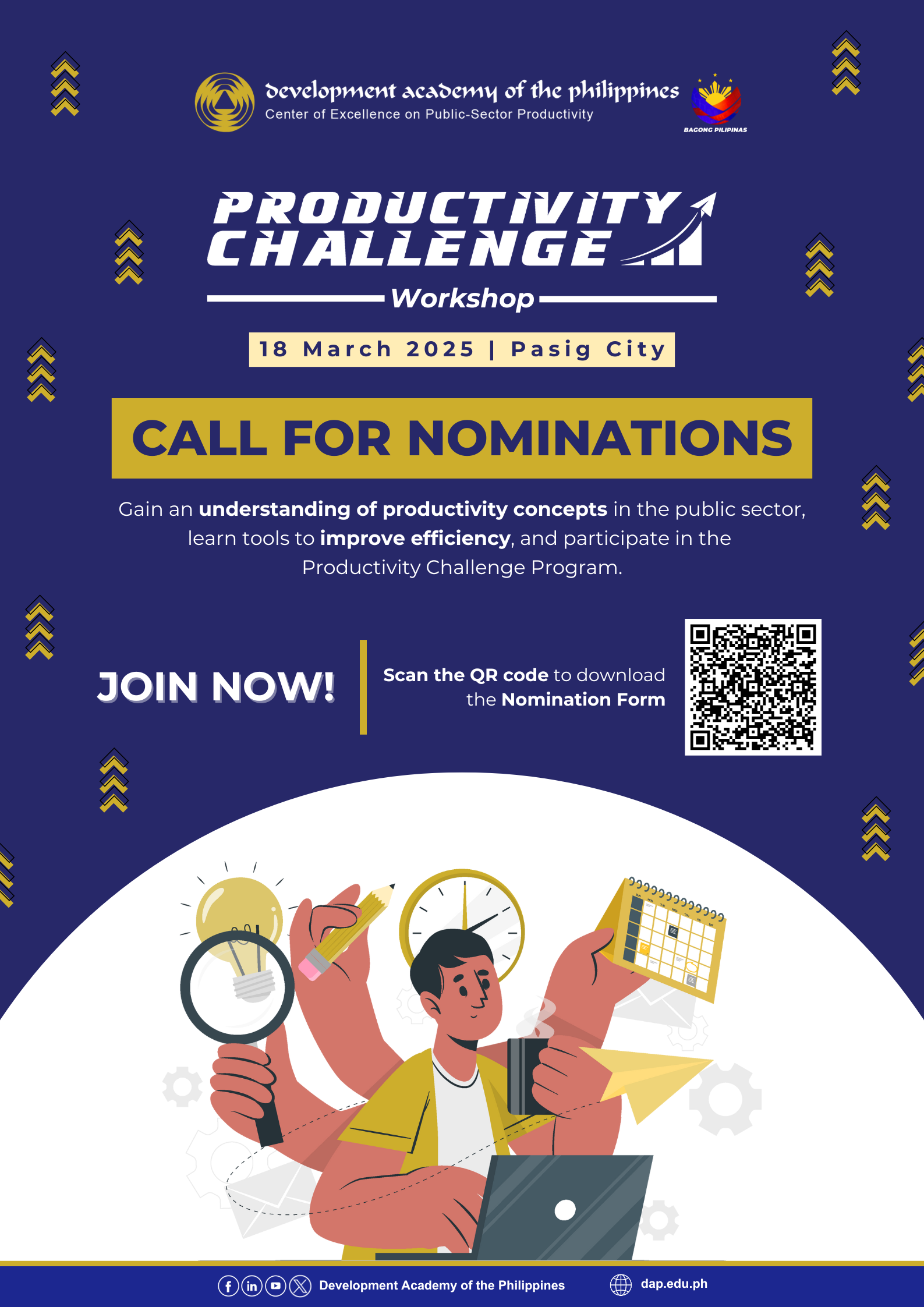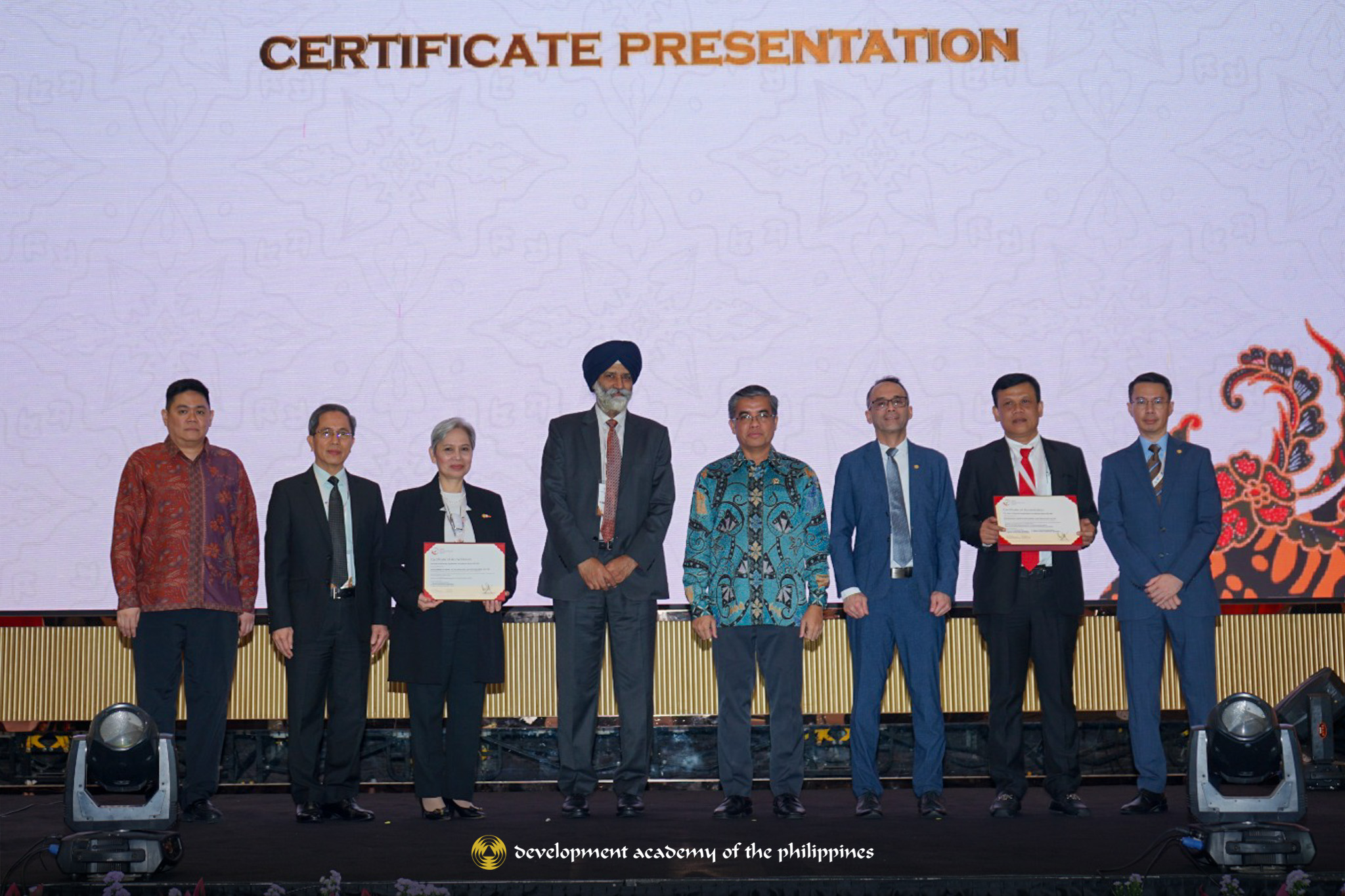
The Development Academy of the Philippines (DAP), in its capacity as the National Productivity Organization (NPO) of the Philippines, has officially been accredited by the Asian Productivity Organization (APO) as a Certification Body (CB) for Productivity Specialists for the period 2025 to 2029.
This milestone was formally recognized during the 67th Session of the APO Governing Body held on May 20-22, 2025, in Jakarta, Indonesia. This achievement places the Philippines among a select network of APO-recognized certification institutions in Asia from Singapore, Malaysia, Thailand, Indonesia, and five more countries.
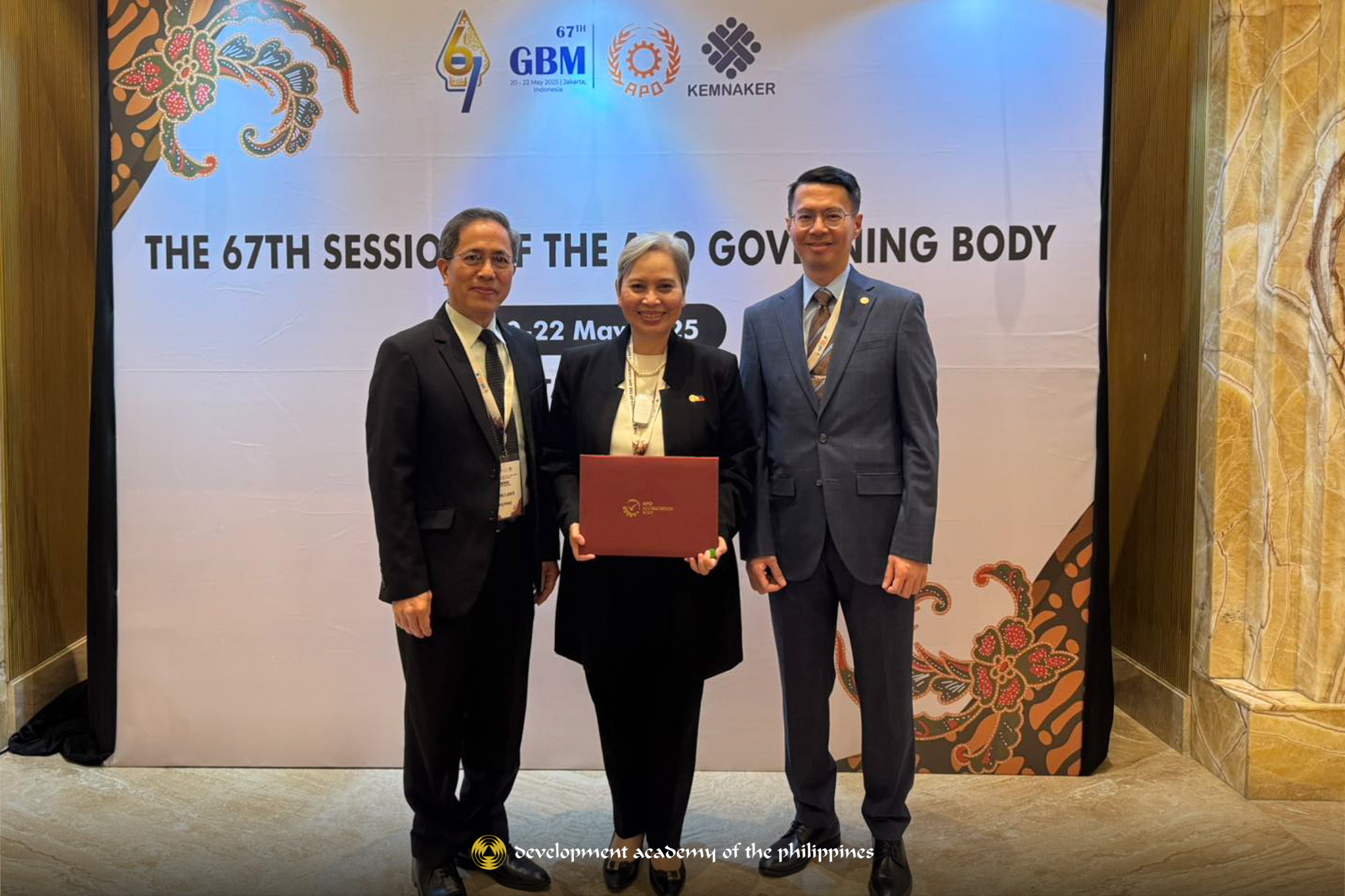
Representing the DAP at the session were Officer-in-Charge and APO Alternate Director Magdalena L. Mendoza, APO Liaison Officer Armand Tristan R. Suratos, and Acting Vice President of the Productivity and Development Center Arnel D. Abanto. Their presence reaffirmed the DAP’s pivotal role as the country’s NPO and marked the Philippines’ inclusion in a distinguished network of APO-recognized certification institutions across Asia.
Through the newly accredited DAP Certification Body, the DAP will implement a nationally recognized certification scheme for professionals engaged in productivity consultancy, training, research, and promotions. The scheme will include three certification levels—Certified Productivity Specialist (CPS), Senior CPS, and Master CPS—with a particular emphasis on Public Sector Productivity practices that support government reforms and innovation.
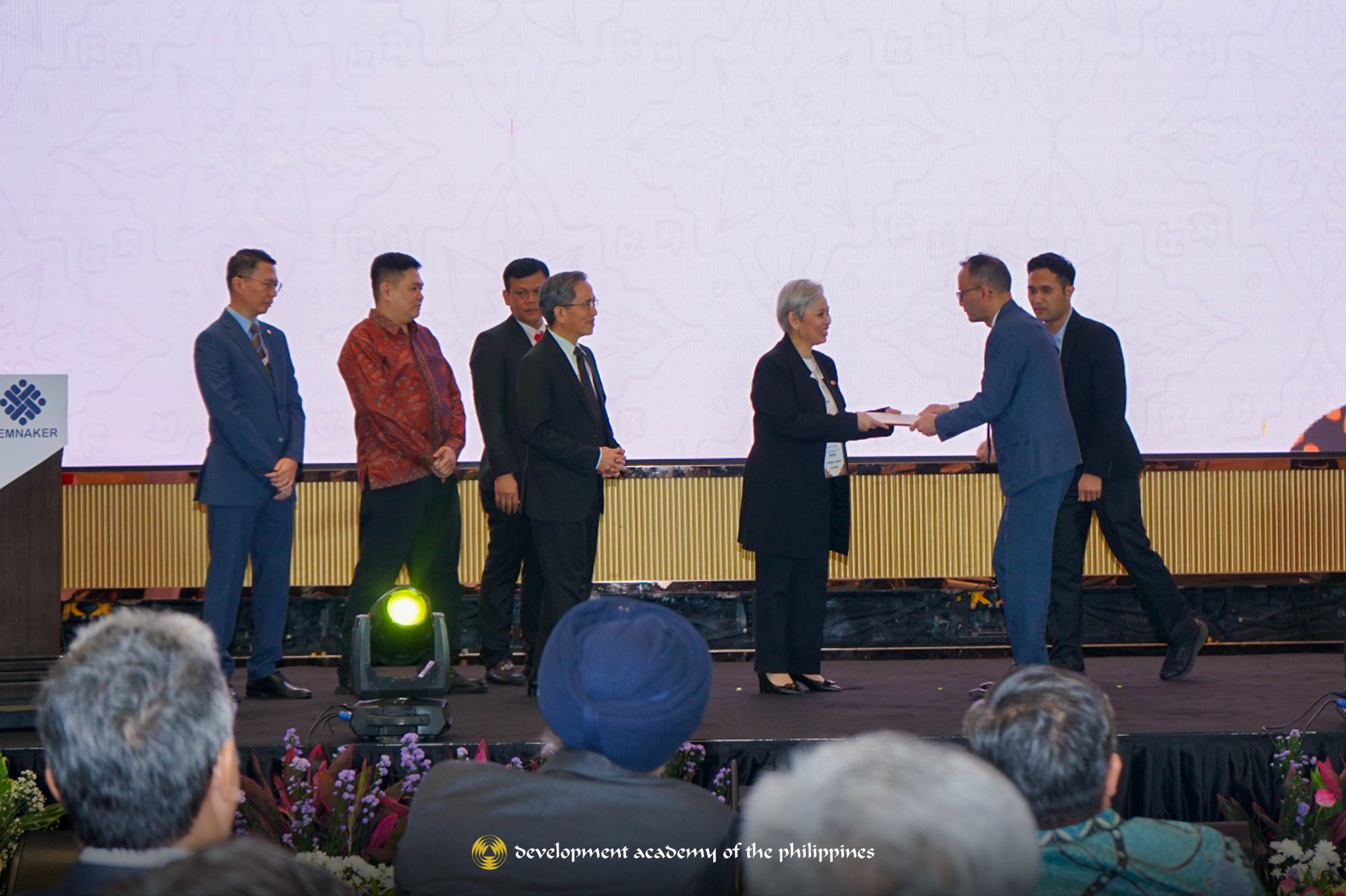
Aligned with international standards, the certification program aims to enhance service delivery, operational efficiency, and strategic innovation across sectors. It is expected to bolster the global recognition of Filipino productivity professionals and contribute to the country’s broader goals of competitiveness and inclusive growth.
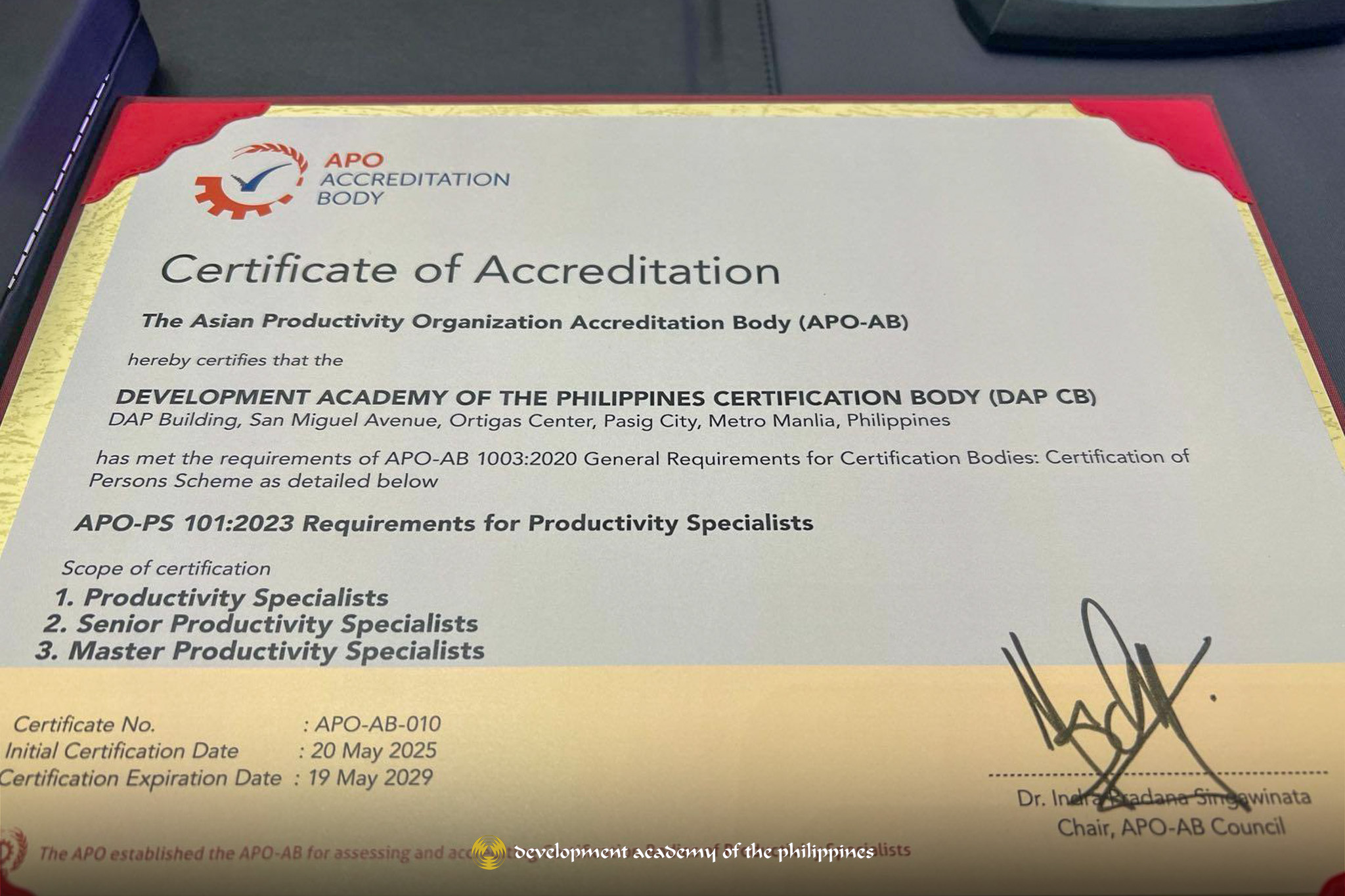
This achievement underscores the DAP’s institutional capacity to design and manage high-quality certification programs that meet APO’s rigorous standards. It also reflects the DAP’s unwavering commitment to advancing national development through workforce competence, innovation, and productivity.



